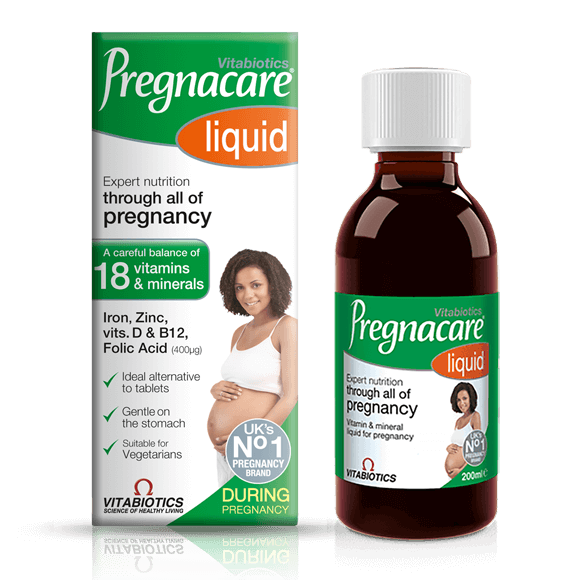What Are The Symptoms Of Morning Sickness?
The main symptoms of morning sickness are nausea and vomiting, although symptoms can vary from person to person, and can even change with different pregnancies. Some women may feel very sick but aren’t ever actually sick, for example.
Some women describe morning sickness as feeling like sea sickness, or a hangover without the drinking beforehand.
Natural Remedies And Foods That Help Morning Sickness
While there is no official cure for morning sickness, there are lots of things you can try that might help you feel better.
Natural remedies you can try include ginger and mint, which you can take in the form of sweets, food or drinks. Some women always carry a pack of mints around with them, for example. Ginger is a traditional remedy for nausea, so you could try root ginger or ginger tea. Before taking pure ginger check with your doctor, pharmacist or midwife.
In terms of food that can help morning sickness, most women will have a type of food that makes them feel slightly better, be it plain, dry foods such as bread and pasta, salty snacks or sweets.
More Morning Sickness Remedies
Suggestions for morning sickness remedies and how to cope with morning sickness in pregnancy include:
- Eat little and often, and try not to let yourself get really hungry. It can help to eat something plain before you get up in the morning, like crackers or plain biscuits.
- Get plenty of sleep and rest, as tiredness and exhaustion can make morning sickness worse (read our post on pregnancy insomnia).
- Stay hydrated. If you can’t keep much water down, try ice or flavoured ice lollies.
- Acupuncture can help, as well as acupressure some people swear by the travel sickness bands that put pressure on your wrists.
- Stay away from anything that might trigger your sickness, such as specific smells or hot rooms.
Make sure you take it easy and find a friend or relative you can talk to about your sickness.
If you are feeling really sick, or are unable to keep any food or drink down, make sure you ask your doctor or midwife for help as soon as possible. Anti-sickness medication, in the form of tablets or an injection, may help.
Are Some Women More Prone To Having Morning Sickness?
While there is no way of predicting who will suffer from morning sickness, it is more likely if you have a multiple pregnancy (for example twins or triplets), are prone to motion sickness in real life or have a family history of pregnancy sickness.
Is Hyperemesis Gravidarium Morning Sickness?
Hyperemesis gravidarum is a severe form of pregnancy sickness where sufferers are ill to the point where they may become seriously malnourished and require medication and hospitalistion. However, it is not the same as morning sickness.
As well as extreme sickness and nausea, symptoms may also include excessive saliva and even aversions to certain colours, where just looking at them will make you feel ill.
Once you’ve read our post on morning sickness:







Comments (0)